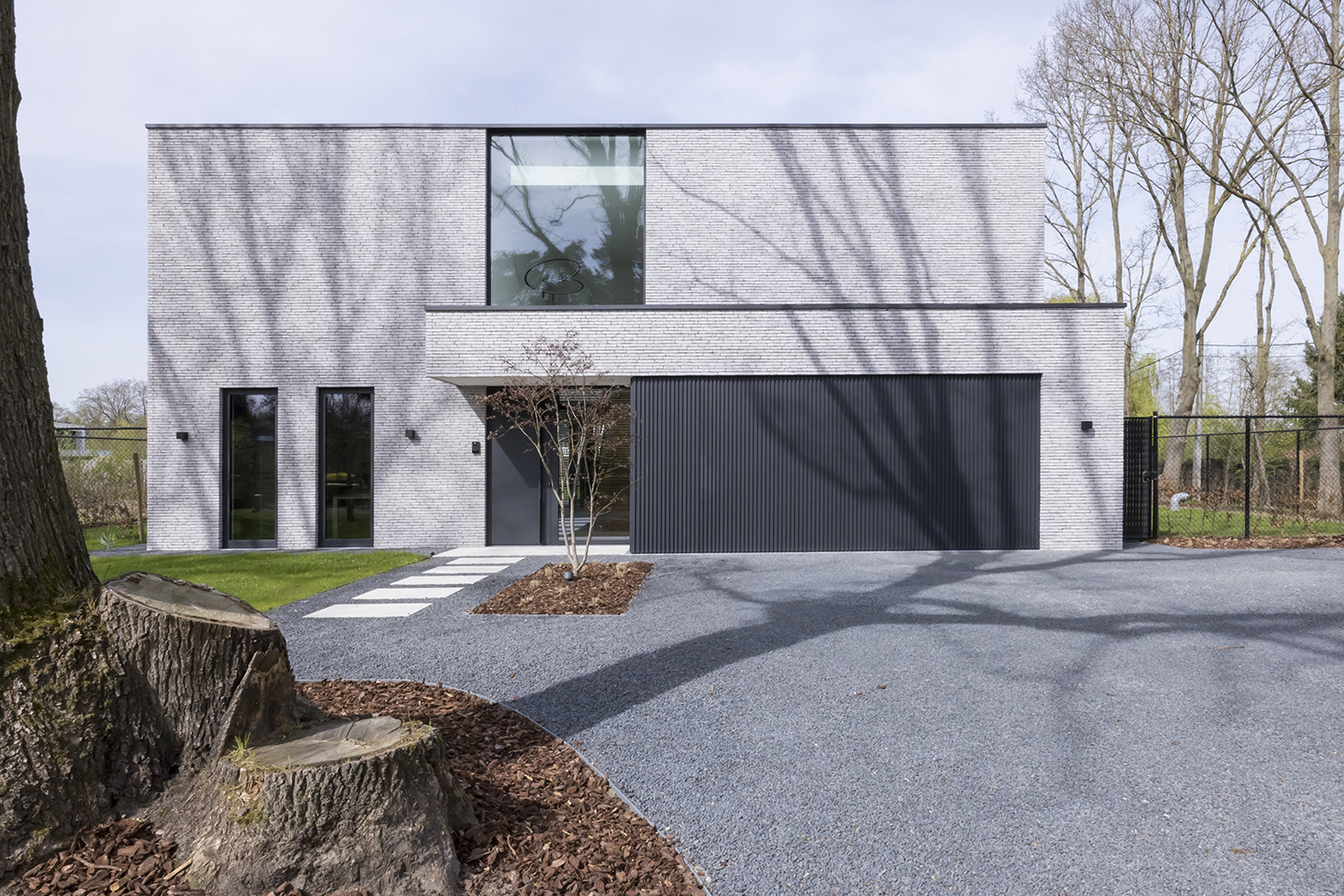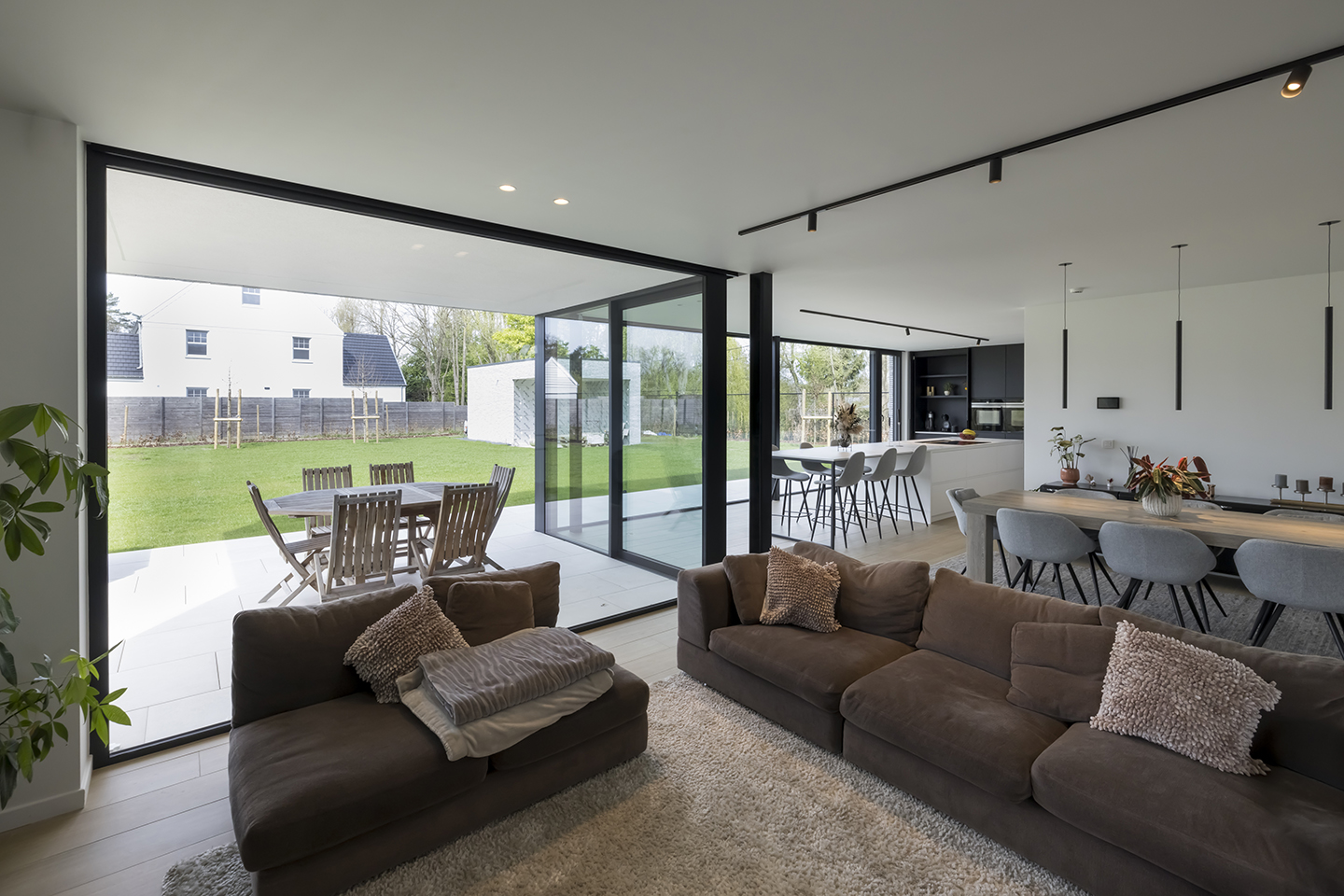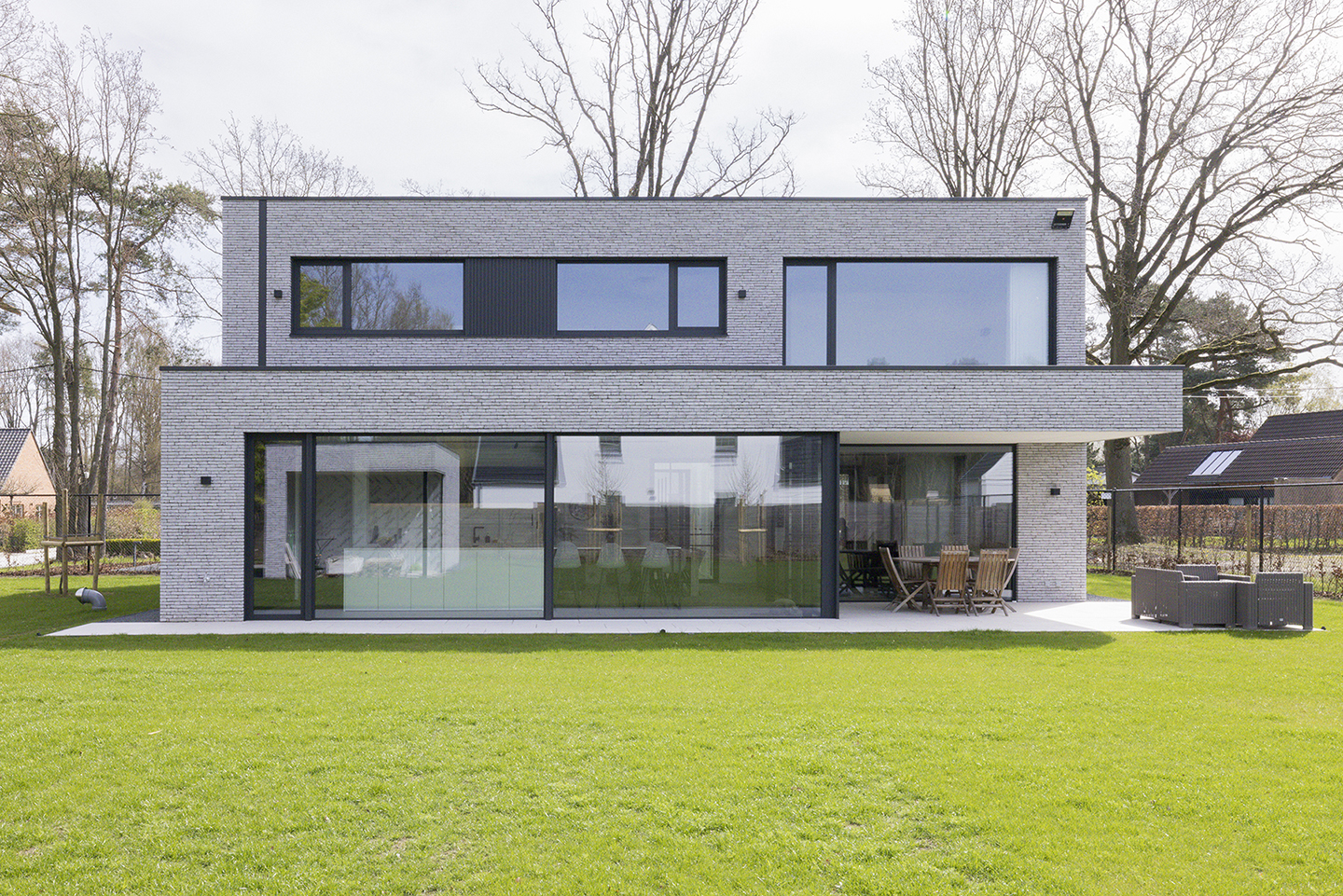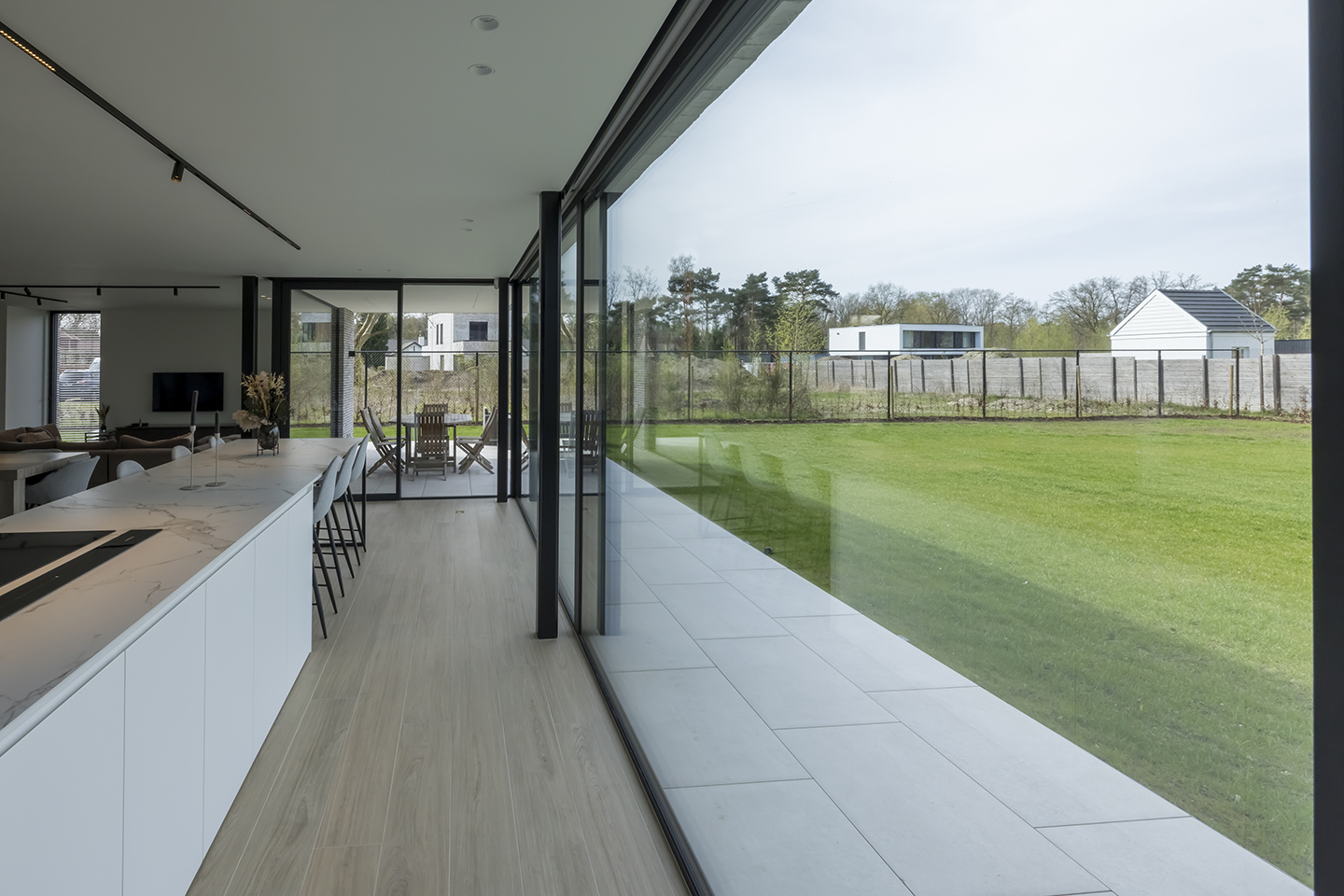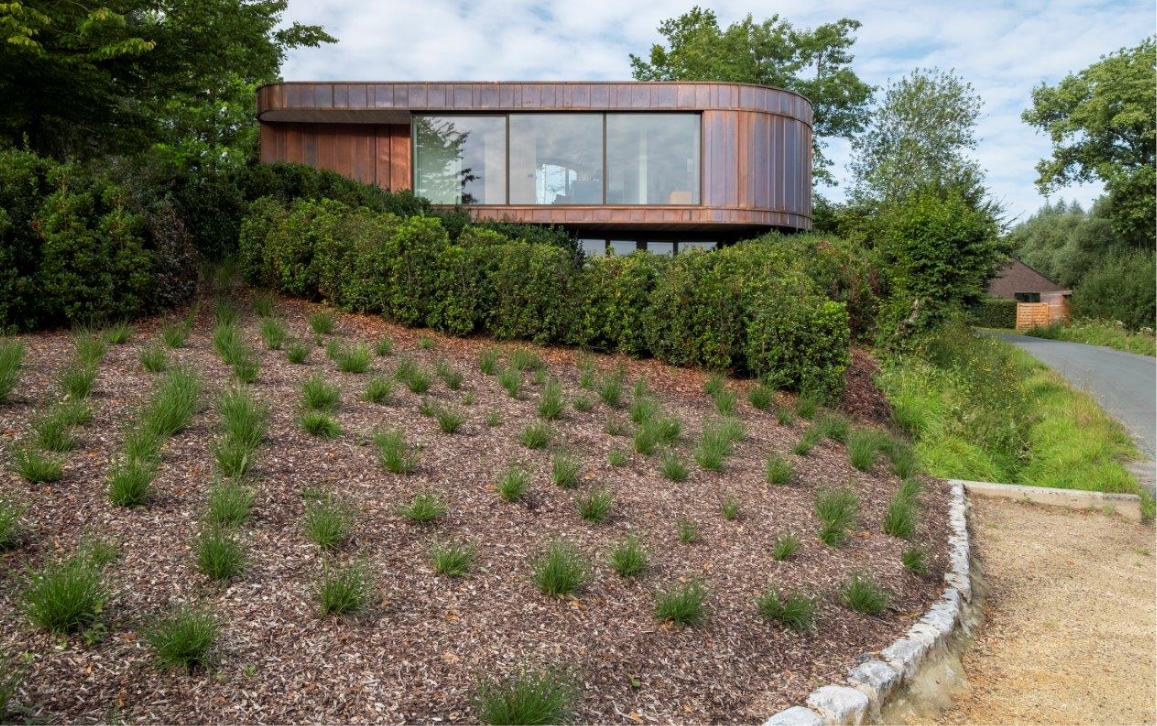The price of windows: what should you consider ?
There are different types of windows. But what determines the price and where can you save? We give you some practical tips.
Choose the right number and type of windows
Think carefully about the number of windows, the type, and the size you need. More windows generally mean more material and installation costs. Additionally, there are different types of windows: fixed, tilt-and-turn, tilt, sliding, lift-and-slide, etc. Each type has its functions, allowing you to adjust the applications to your budget. Also, consider necessary options such as a fly screen or roller shutter, as well as burglar-resistant fittings.
Choose the right material
The price of a window is primarily determined by the material of the profiles. Make sure to make the right choice here: what may seem like the cheapest option at first glance can result in significant additional maintenance costs later on. With aluminum windows, you don't have this issue: you don't need to paint or varnish them. Depending on the living environment and the climate, you clean your aluminum windows two to four times a year. For good color retention, you should also treat your aluminum once a year. Aliplast offers mild maintenance products for this purpose.
Also, consider the lifespan of the windows you choose. Aluminum profiles have an average lifespan of 50 years: they have a very high resistance to rusting, cracking, and are particularly colorfast. Aliplast even offers a color range with a 25-year paint warranty.
Invest in insulation
Consider your budget, but also think about the money you will save in the long term by investing in better insulation. This applies to both the profile and the glass.
The new generation of aluminum windows and doors from Aliplast have a thermal break, a fiberglass-reinforced plastic, to increase the insulation value. Aluminum windows also use different 'chambers'. The current aluminum joinery has excellent insulation value, making these windows even suitable for passive houses.
You also have a wide choice in terms of glass. Until the 1970s, homes mainly had single glazing. Meanwhile, even double glazing is outdated. High-efficiency glass is now the standard: this type of glass insulates 2 to 3 times better than regular double glazing, and 4 to 5 times better than single glazing. It comes at a higher price, but it is definitely worth the investment.

